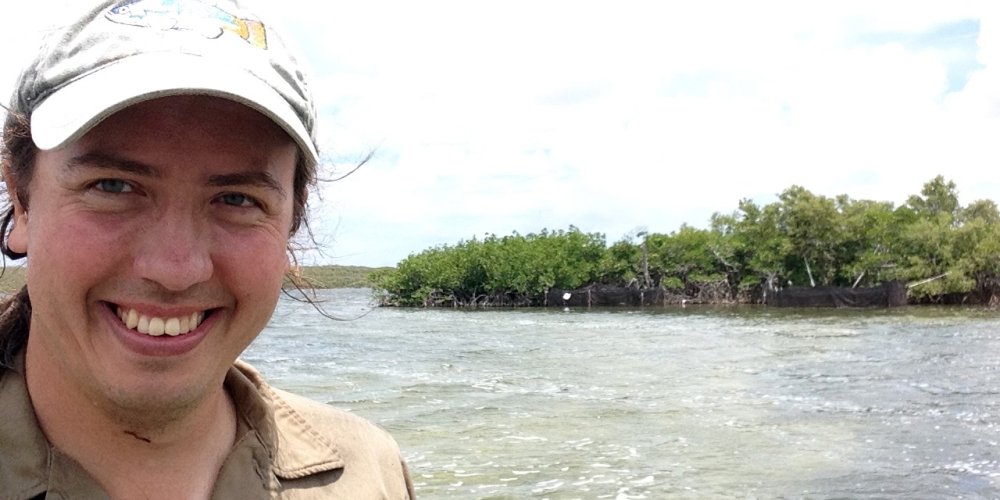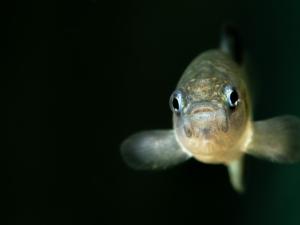

Research Bio
The Martin Fish Speciation lab is broadly interested in the origins of biodiversity. Their research centers on the rapid evolution of new fish species with novel ecology in relatively simple tropical ecosystems (salt lakes, volcanic craters). They integrate a variety of approaches including large-scale field experiments, population genomics, quantitative and functional genetics, phylogenetic comparative methods, natural history observations, functional morphology, and behavioral ecology. By mapping the complex relationships between genotype, phenotype, performance, fitness, and environment, they hope to gain a predictive understanding of the processes driving adaptive diversification.
They are currently developing three case studies of adaptive radiation: 1) Caribbean pupfishes, which exhibit remarkably localized adaptive radiations of trophic specialists in the Bahamas and Yucatan, 2) Cameroon crater lake cichlids, famous as putative examples of sympatric speciation, and 3) Death Valley pupfishes, critically endangered and highly managed desert fishes. Common themes in our work include 1) the ecological and hybrid swarm origins of adaptive radiation, 2) mechanisms driving this process on the fitness landscape, and 3) the evolution of novelty. Lab members are encouraged to pursue both field and laboratory studies of tropical fish systems because they present such a vast, diverse, and poorly studied view of vertebrate history.
Research Expertise and Interest
evolutionary biology, speciation, genomics, adaptation, craniofacial development

